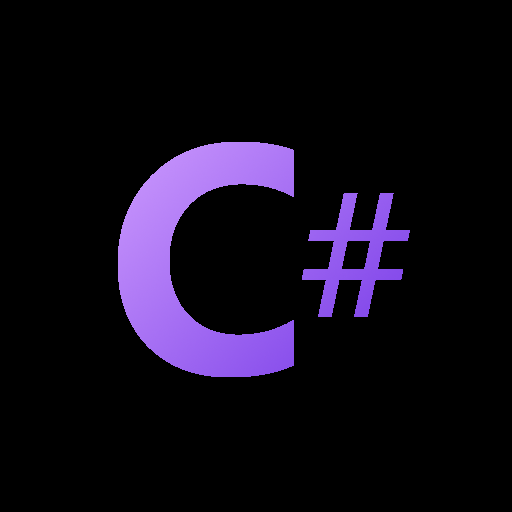

React has changed a lot with the addition of contexts but that’s the modern way to handle it without using some kind of state management.
I think most state management libraries are far more expensive to use than people realize. Contexts are pretty straightforward and Just Work so I’d keep using them unless you have a very good reason to switch.








I’ve been hosting Home Assistant now for about nine months very smoothly. So far the only outage has been when I moved the server into a different room last week because it was cluttering up my office. Feels good to have it tucked away in a closet. I’ve got my thermostat, and all my upstairs lights running through it. I keep trying to get these moisture sensors to work for my plants but they just keep losing signal or something and rtl433 just stops seeing those but meanwhile detects every other damn hardware on the whole block. I’ve got 500+ entities that aren’t my three sensors lol. Once I figure that out my Plant Cards dashboard will work again which is super cool.
Other than that, I’ve been hosting Jellyfin for home media and digging it. Much less success with the 'arr suite, it works and stays up but it really struggles to automatically find the weird-ass old niche media I’m looking for. I generally have to handle that part manually, but at least they are good as wishlist of what I’m looking for so I can use that just to keep track.
All in all these two servers (home assistant OS on an old laptop, jellyfin and arr on my former Ubuntu desktop) have been great and just work really without any issues.
Oh last week when I moved them into the closet, they got assigned new IP addresses, so I figured out how to lock them so my clients and bookmarks still work.